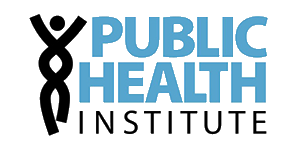Biography
Dr. Cohn’s directs research on breast cancer in the Child Health and Development Studies (CHDS) where she employs a unique biospecimen archive to investigate the role of environmental chemical exposures in pregnancy on the health of the mother, her daughter and granddaughters. She also directs a research program in grandparental effects on the risk of autism and cardiometabolic risk in CHDS granddaughters and grandsons. She collaborates with researchers at other institutions and oversees new CHDS data collections, currently in studies of in utero predictors of neurodevelopmental disorders including autism, psychological symptoms and functioning and young onset colon cancer. She participates in transdisciplinary collaborations notably toxicology, environmental chemistry, metabolomics, health disparities). Dr. Cohn has an undergraduate degree in Zoology, Masters Degrees in City and Regional Planning and Public Health Planning and a PhD in Epidemiology all from UC Berkeley. She is the mother of three and grandmother of two.
Talk
Muti-And Trans-Generational Environmental Transmission Of Breast Cancer
We address multi-generational and trans-generational impact of environmental chemicals on breast cancer, highlighting high-resolution metabolomics in our archived pregnancy bio-specimens and three generation follow-up. We employ novel computational approaches and integrative analysis to reveal prenatal molecular footprints of gene-environment interactions and discuss implications for breast cancer prevention, detection and treatment.
Session Abstract – PMWC 2020 Silicon Valley
Advances in molecular pathology and hereditary cancer assays have led to a new understanding of breast cancer classification systems, allowing for precision thera-py using molecular tumor signatures that guide both systemic treatments and per-sonalized radiotherapy. The goal is to minimize overtreatment and treatment-associated morbidity for patients while preventing progression and recurrence. This session will focus on the current state of progress in these pursuits and discuss the challenges including prior authorization issues and the growing size of assay pan-els.









